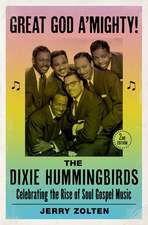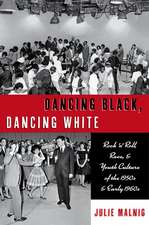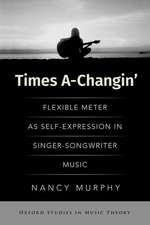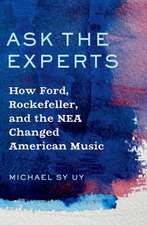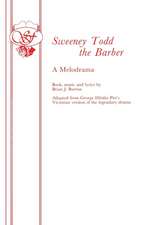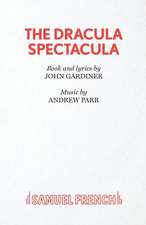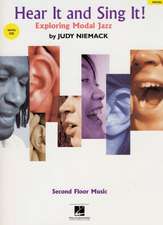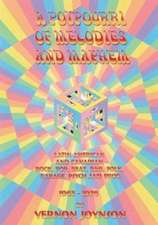Doo-Wop Acappella
Autor Lawrence Pitillien Limba Engleză Hardback – 2 aug 2016
Preț: 601.35 lei
Preț vechi: 780.97 lei
-23% Nou
Puncte Express: 902
Preț estimativ în valută:
115.08€ • 120.30$ • 97.24£
115.08€ • 120.30$ • 97.24£
Carte tipărită la comandă
Livrare economică 06-20 martie
Preluare comenzi: 021 569.72.76
Specificații
ISBN-13: 9781442244290
ISBN-10: 1442244291
Pagini: 190
Dimensiuni: 152 x 229 x 20 mm
Greutate: 0.54 kg
Editura: Rowman & Littlefield
ISBN-10: 1442244291
Pagini: 190
Dimensiuni: 152 x 229 x 20 mm
Greutate: 0.54 kg
Editura: Rowman & Littlefield
Notă biografică
By Lawrence Pitilli
Descriere
Scholar and singer Lawrence Pitilli explores doo-wop acapella groups as manifestations of urban change, mass migrations, ethnic acculturation and changing radio and recording industries. He reveals how groups displayed the dynamics of cultural change in the "sounds"--sonic and linguistic--that every generation seeks to make and remake for themselves.


